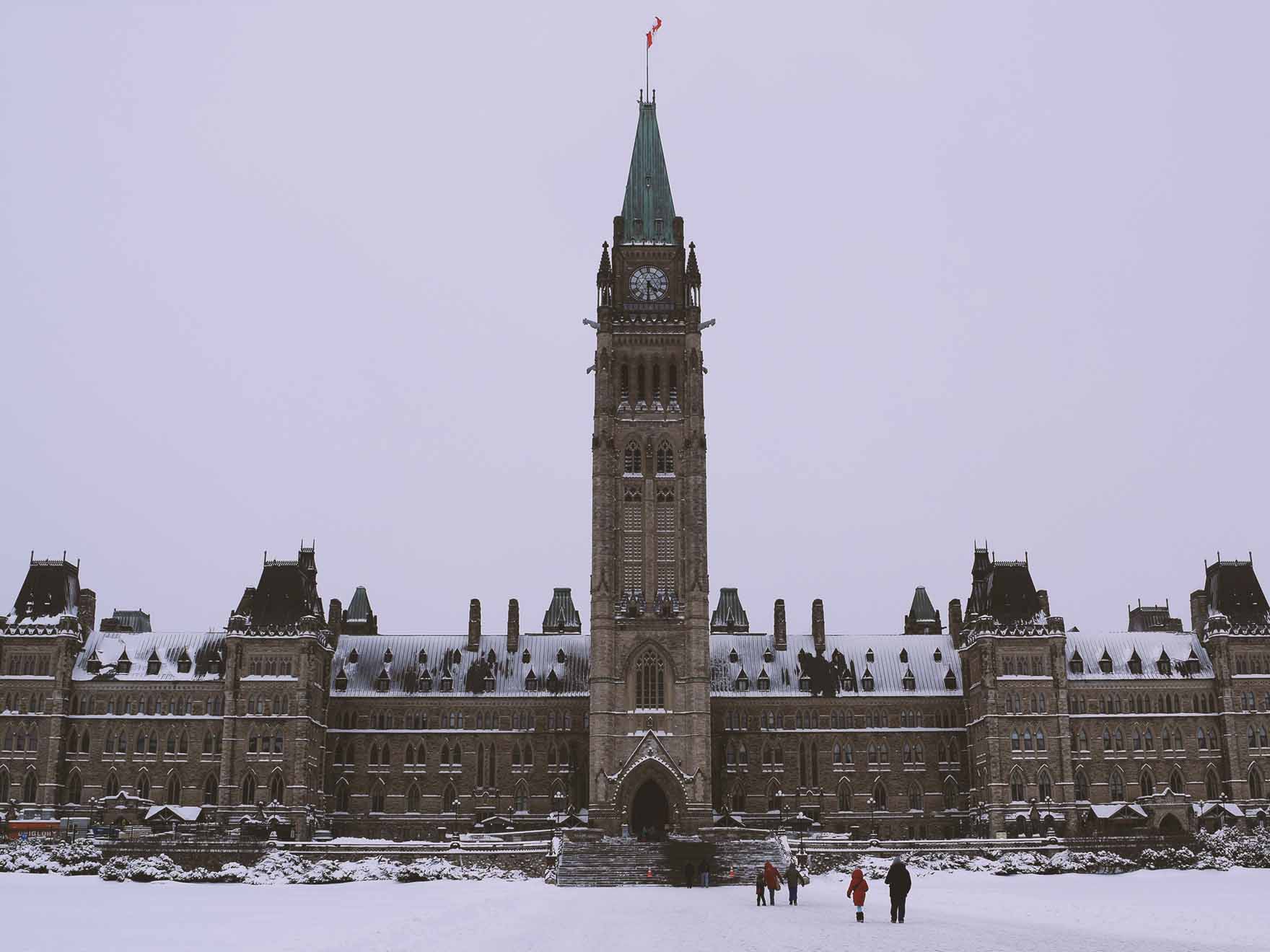Years deep in development, the Liberals’ Online Harms Bill will be tabled at the House of Commons this following week.
While the details of the bill will be revealed in the House of Commons, it is expected to tackle several kinds of harmful online content, with an emphasis on protecting minors. In particular, the bill’s framing indicates a concern for addressing cyberbullying, content that may lead to child self-harm and child sexual exploitation content.
Since 2019, there have been multiple recorded attempts at creating legislative frameworks for social media platforms and the illegal content within. Under the direction of then-Minister of Heritage Steven Guilbeault, Bill C-36 was introduced to tackle hate speech but ultimately was unsuccessful and will never to be revisited as is.
In 2021, the Liberals announced a technical discussion paper on harmful online content, which was phased out because of pushback during the election campaigns in 2021. The Liberals promised to introduce an online harms bill within 100 days of the election yet failed to deliver on time.
As 2024 unfolds, the reimagination of previous proposed legislation over online harms, now the Online Harms Bill, will be tabled at the House of Commons, bringing forth amendments to the Criminal Code and the Human Rights Act.
The scope of the bill, while largely unknown, is expected to draw from previously proposed regulations over five kinds of harmful content, including child exploitation, terrorist content, hate speech, incitement to violence, the sharing of non-consensual images and child exploitation.
As for amendments to previous iterations of the bill, greater concern for children’s safety online and larger measures for tackling non-consensual sharing of sexually explicit “deepfakes” are expected to make it into the new bill.
In anticipation of the bill’s tabling at the House of Commons, the Conservative Party has found an issue with possible encroachments on freedom of speech. Though Prime Minister Trudeau has stated that the legislation aims to protect children rather than censoring the internet. The Opposition does not perceive the bill as such.
The leader of the Progressive Conservatives, Pierre Poilievre, has called the bill an “attack on freedom of expression” in that it will legislate online speech.
Although Poilievre and his caucus have positioned themselves as greatly opposed to the bill, it is worth noting that the contents of the legislation have yet to be revealed. In line with the opposition’s lack of support for the Online Harms Bill, both Poilievre and Singh are looking to support a separate piece of legislation, Bill S-210. This piece of legislation, which is in the House of Commons for consideration, aims to restrict minors’ access to sexually explicit content through age verification across websites like Pornhub.
As Members of Parliament prepare to discuss the Online Harms Bill at the House of Commons this coming week, and the details of the legislation are revealed, a balancing act between online freedoms and child safety awaits.

